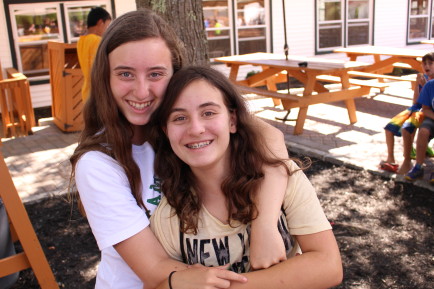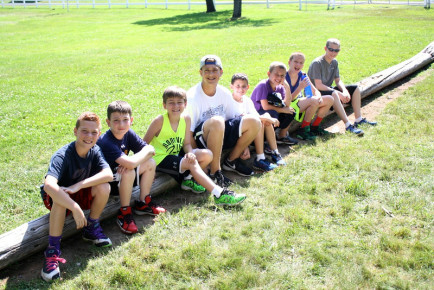Social Media and Self Esteem
 Social media…it’s fun, it’s entertaining, and it’s now a prominent form of communication. Young people (along with some older generations) everywhere love and rely on it to feel connected. New social media sites emerge all the time, and the trend does not seem to be slowing down anytime soon. Facebook, Instagram, Snapchat, YouTube, and Twitter (just to name a few) are popular social media sites kids are using daily to post their photos, thoughts, and lives.
Social media…it’s fun, it’s entertaining, and it’s now a prominent form of communication. Young people (along with some older generations) everywhere love and rely on it to feel connected. New social media sites emerge all the time, and the trend does not seem to be slowing down anytime soon. Facebook, Instagram, Snapchat, YouTube, and Twitter (just to name a few) are popular social media sites kids are using daily to post their photos, thoughts, and lives.
The influence that social media has is astonishing. Social media has helped us network, connect with family and friends, world events, and even provided stories to inspire us. There is no doubt it is entertaining and fun, but what are the effects on our self-esteem and perception of our self-worth? Especially on young people who are genuinely looking to find acceptance and a sense of identity and belonging? Unfortunately, research shows that social media may be causing low self-esteem and anxiety. Kids are using social media sites to post photos and videos, hoping to be “liked” by their “friends” and “followers”. When their post gets less of a response than expected, it can be hurtful. That lack of approval can affect self-worth and create feelings of rejection. Without a lot of “likes”, “followers” or “retweets”, kids may think they are not good enough. It puts pressure on kids to look good online, be interesting to others and appear accomplished. Kids are comparing their own achievements and acceptance by others to their online friends and contacts. It’s sometimes difficult to remember that people are posting the best versions of themselves. It’s not always the real picture.
Studies show that obsessive social networking may not be fostering our connectivity, but instead can be harming our relationships, interpersonal communication skills and happiness. Yet, we live in a culture where it is challenging to unplug and disconnect. Yes, we can put down the phone for the day, vow not to go on social media sites for the weekend, or leave our electronics at home during vacation, but we rarely spend an extended period of time disconnected from our online world.
 Luckily for kids who attend sleepaway camp, they have an opportunity like no other. They get to unplug for the camp season. What may seem like an impossible request becomes a welcoming moment. Unplugged time at camp allows kids to be in the moment with friends, engaging and communicating with one another face to face. Camp allows kids to interact, respond to one another in the moment and observe facial reactions and body language. They learn from one another in how to resolve conflicts and work through difficult situations together. Conversations are unfiltered and reactions are authentic. Real laughter happens, hugs happen, and appreciation for one another happens. Instead of selfies being the focus of the group activity, kids are engaged with nature, healthy physical activity and creativity that builds self-esteem. That is why camp friendships are friendships for life, and finding your self-worth at camp is a valuable part of the summer experience. Campers get validation from counselors and bunkmates who are present instead of on the other side of a screen.
Luckily for kids who attend sleepaway camp, they have an opportunity like no other. They get to unplug for the camp season. What may seem like an impossible request becomes a welcoming moment. Unplugged time at camp allows kids to be in the moment with friends, engaging and communicating with one another face to face. Camp allows kids to interact, respond to one another in the moment and observe facial reactions and body language. They learn from one another in how to resolve conflicts and work through difficult situations together. Conversations are unfiltered and reactions are authentic. Real laughter happens, hugs happen, and appreciation for one another happens. Instead of selfies being the focus of the group activity, kids are engaged with nature, healthy physical activity and creativity that builds self-esteem. That is why camp friendships are friendships for life, and finding your self-worth at camp is a valuable part of the summer experience. Campers get validation from counselors and bunkmates who are present instead of on the other side of a screen.
Social media will be there when camp is over, allowing camp friends to stay connected, but taking a break from it definitely gives kids a new perspective and hopefully the inspiration to use it wisely and in moderation. Continue to post and follow others, but do not use it to define you. Let the camp experience take the lead there!

